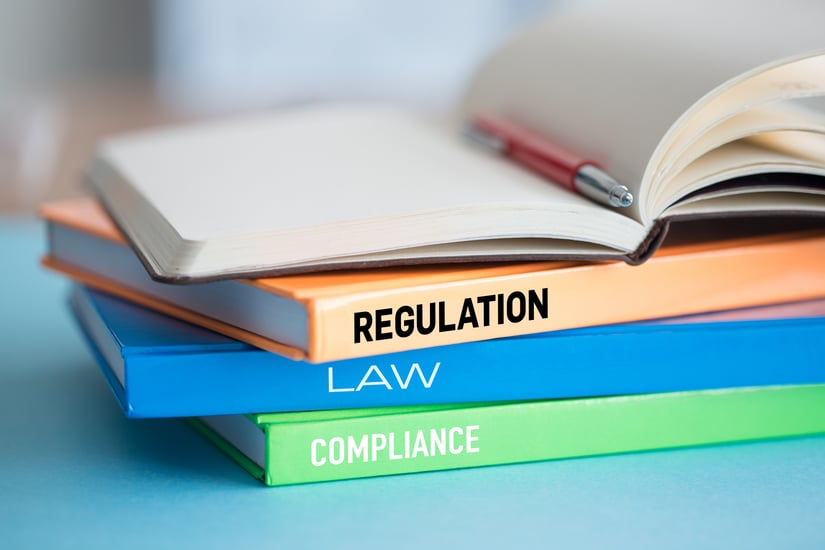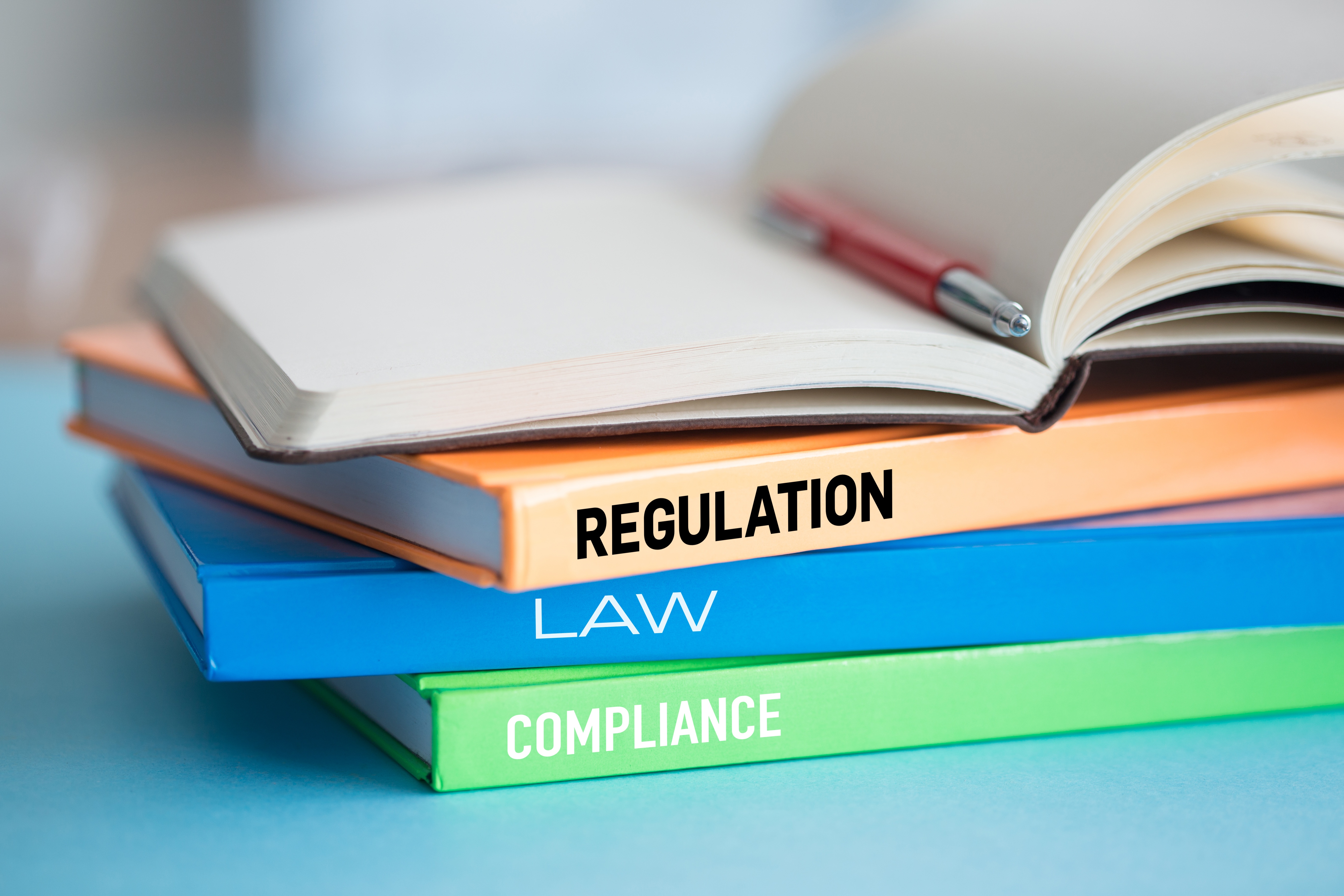
While there’s many questions asked, generally-speaking, which tend to be somewhat open-ended; or simply just open to misinterpretation, there’s others which have more defined/less greyer areas. Thankfully – and with regards to this particular poser - the answer to this hugely important question lies in what context we’re referring to, but for the most part, you’ll be relieved to know that it’s a resounding and unequivocal yes. Yes, it is a legal requirement to have a Legionella risk assessment carried out in the majority of relevant scenarios which present themselves. And this welcome clarity is never better illustrated than when discussing the workplace. Essentially, should you be an employer of people (or for that matter, someone responsible for a premises where individuals gather for work or indeed, pleasure), then it’s imperative that you understand and appreciate the vital health risks associated with legionella. Of course, the key point in this conversation revolves around the topic of water; and more specifically the provision of water sources/services in a place of business. In this instance it’s a no-excuses legal obligation to undertake a legionella risk assessment, per se.
So, All Places of Work Legitimately Necessitate a Legionella Risk Assessment to Be Performed?
To put it succinctly, yes; all places of work require a legionella risk assessment to be carried out to determine whether or not the immediate environment is considered a safe one for people to be in, in terms of exposure to water-based solutions. As you’re already well aware, the legionella bacterium is a waterborne one, which historically takes route in facilities where water is stored and subsequently subjected to threshold-acknowledged changes in temperature; the result of which can lead to the dispersal of the bug far and wide, and which can ultimately affect people who come into contact with it (inhaling water vapours, etc), via the onset of Legionnaires’ disease.
Steeping away from the science/nature of the legionella beast for a moment, and adopting an entirely legal perspective, the Health and Safety Executive’s official stance on the issue surrounding legionella risk assessment requirements is thus. According to the HSE’s Approved Code of Practice for The Control of Legionella Bacteria in Water Systems (L8) – which strictly adheres to any business where water is used and/or stored – then legionella risk control is non-negotiable and legally-binding. By this, we mean premises where sinks, taps, showers, water tanks, toilets and any other form or function of hot and cold water supplies are installed and frequented by employees and members of the general public. And more pertinently where such actions trigger an unchallenged means of creating and transmitting water droplets which may be inhaled; therein giving immediate and physical rise to what the HSE cite as a ‘reasonably foreseeable risk of exposure to legionella bacteria.’
Enveloped within this rigidly-applied framework of potential legionella-spreading environs are the well-observed likes of care homes, hotels, guest houses, spa's, leisure centres, dental and GP surgeries, health care premises (and NHS faculties, in general), schools, universities, colleges and all commercial, manufacturing and distribution sites; which is a comprehensive list of premises whereby the likelihood of legionella taking hold is considered a great risk should it not be countered by the prevalence of dedicated legionella risk assessment measures. The general rule of thumb dictated by the HSE is that any company, business, organisation or service-provider that has water on site which people can be exposed to, are required by law to undertake a legionella risk assessment and manage any perceived risk then and there, and onwards.
How Does the HSE See the Threat Posed by Legionella, In Terms of its Mandatory Code of Practice, then?
To put it into words, the approved code of practice for legionella (L8) applies to 'any undertaking involving a work activity and to premises controlled in connection with a trade, business or other undertaking where water is used or stored and where there is a means of creating and transmitting water droplets which may be inhaled, thereby causing a reasonably foreseeable risk of exposure to legionella bacteria'. In a nutshell this readily translates to what we outlined in the previous paragraph, and extends to an expansive range of employer premises. Be it a simple office space, (including a rented floor for example), through to a multi-tenanted building, a legionella risk assessment is a legal requirement. What’s more, these same regulations apply be the premises in question serviced, rented or managed, as the employer still has a legal obligation to protect the health and wellbeing of employees.
Want to learn what is involved with a legionella risk assessment? Download our Legionella Risk Assessment Guide below.







